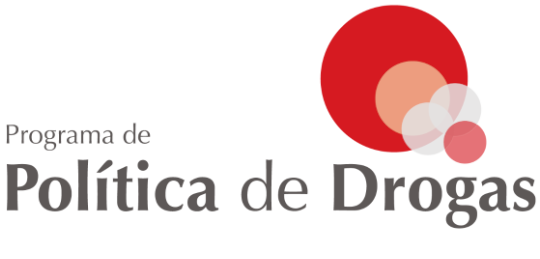Civil Society Organizations and Harm Reduction Policy: The Mexican Case
The present study offers an outlook on the current situation of civil society organizations (CSOs) in the field of harm reduction in Mexico. Analyzing Mexican harm reduction civil society organizations (HRCSOs) is necessary for three reasons: because they have historically represented a sensible alternative to drug policy proposals that emanate from the logic of the State; because they have the organizational and cognitive potential and the legitimacy to protect illicit substance users (with or without problematic use) from the risks and harms that drug policies may pose to this population; and because they are in a crisis that not only threatens the viability of their healthcare projects aimed at vulnerable populations but also, potentially, their own existence. The present article seeks to answer two questions—one descriptive and one explanatory: (a)What are the characteristics of Mexican CSOs that work in the field of harm reduction? (b) How do these organizations operate in a complex and dangerous environment? To answer these questions, the study uses data on the organizations’ structures and dynamics that were obtained through 20 semistructured interviews that were conducted with members of these organizations. The article describes HRCSOs on three levels: (a) the individual that establishes a radical habitus and acquires the identity of a harm reduction activist through identity construction; (b) the collective of activists that, through the creation of trust, becomes an HRCSO with its structures, programs, and resources; and (c) the harm reduction social movement that, through cooperation and conflict, becomes a field of activism. The study seeks to have two contributions to literature: (a) providing a preliminary mapping of the anatomy of HRCSOs and the field in which they operate; and (b) sensitizing society and decision-makers on the transcendence of these organizations for social and political life.
Descarga el archivo aquí
Enlace directo aquí
Más Vistos
- La metanfetamina y el CJNG. Análisis de una reconfiguración del mercado de...
- The “War on Drugs” in Mexico: (Official) Database of Events between December...
- Deadly force and denial: the military's legacy in Mexico's ‘war on drugs’
- Age-specific rates of onset of cannabis use in Mexico
- Fragmentation and cooperation: the evolution of organized crime in Mexico
Más Recientes
- The Connection Between Drug-Related Detentions and Drug-Related Violence:...
- “Resulta aberrante su actuar”: Mujeres acusadas de delincuencia organizada
- Where there is smoke, there is fire? Making sense of the past failure and future...
- Civil Society Organizations and Harm Reduction Policy: The Mexican Case
- How frequent and visible criminal violence affects housing prices: evidence from...

